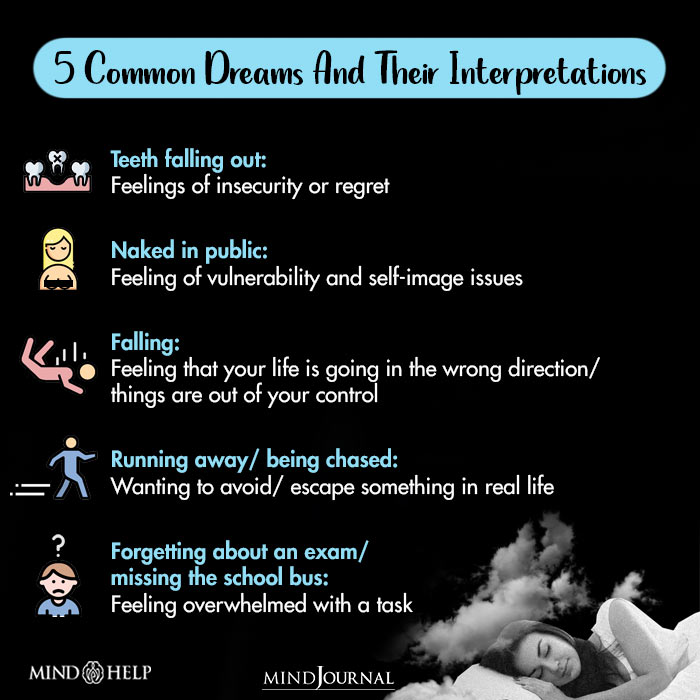Wildest Dreams Unleashed – How Talking in Therapy Can Transform Your Life

Hey there! Have you ever woken up from a dream feeling bewildered, curious, or scared? What if exploring the hidden messages and symbols in your dreams could lead to valuable insights, personal growth, and improved well-being? Brace yourself, because dream therapy is fascinating!
In this article, we’re diving into the power of discussing dreams in therapy. We’ll explore how your nightly adventures can unlock the secrets of your subconscious mind, revealing hidden emotions, fears, and unexplored desires that may affect your daily life.
Explore your dreams with a skilled therapist to gain profound insights into your thought patterns, emotions, and personal struggles. Together, decipher the metaphors, themes, and imagery in your dreams to better understand yourself.
Discover the potential of dreams as valuable tools for self-reflection, growth, and healing. Delve into the fascinating realm of dream analysis to uncover a new perspective on your mind and the breakthroughs it offers.
Curious about what your dreams reveal? Embark on this captivating journey with us. Ready?
Talking About Dreams in Therapy

Engaging in discussions about dreams during therapy sessions can provide valuable insights and promote self-awareness. Exploring the symbolism and personal significance of dreams allows individuals to uncover hidden emotions and memories that may influence their thoughts and behaviors. By discussing dreams, therapists help clients connect with their unconscious mind and gain a deeper understanding of themselves.
Dreams can reflect hopes, fears, and unresolved issues, serving as a window to unprocessed emotions and conflicts that may cause distress in waking life. By discussing dreams, therapists help clients unravel the meaning and significance behind these experiences, providing clarity and connections between dreams and waking life.
Discussing dreams in therapy fosters exploration and curiosity as therapists encourage clients to dive deeper into their subconscious. Through analyzing dreams, clients may discover recurring themes or patterns that provide insight into their psychological makeup, allowing exploration of hidden aspects of their personality.
Dream analysis is a collaborative process between therapist and client, uncovering the underlying meanings and exploring possible interpretations. This approach empowers clients, giving them an active role in deciphering their dreams and utilizing the knowledge to address emotional or psychological challenges.
Incorporating discussions about dreams into therapy sessions is a powerful tool for self-exploration and self-understanding. By delving into the symbolism and personal significance of dreams, individuals can gain insight into their emotions, thoughts, and behaviors, ultimately leading to personal growth and resolution of underlying psychological issues.
How to Remember Your Dreams

Many people struggle to remember their dreams, but there are ways to improve dream recall. One effective method is keeping a dream journal. This is a notebook kept by the bed to write down dreams upon waking up. Writing can jog memories and regular journaling trains the mind to remember dreams better. It’s important to note as much detail as possible, including emotions, events, and symbols.train the mind.abrings causes about when +
table: Techniques to Help Remember Dreams: 1. Keep a dream journal by your bed. 2. Write down dreams upon waking up. 3. Be consistent with journaling.
Reflect on dreams throughout the day. Create a relaxing bedtime routine. Practice visualization and intention-setting before sleep.
Consistency is key in improving dream recall. Try writing in the dream journal every morning, even if nothing comes to mind immediately. Reflecting on dreams throughout the day, like during a lunch break or before sleeping, can reinforce their memory.
A relaxing bedtime routine can boost dream recall. Engage in activities promoting relaxation, such as reading or taking a warm bath, to prepare the mind for more vivid dreams. Similarly, practicing visualization or intending to remember dreams before sleep can enhance recollection.

Dream interpretation can be helpful in therapy for gaining insights into the unconscious mind. Therapists use various techniques to interpret dreams.
One technique is free association, where the client expresses thoughts and emotions generated by the dream. Through this process, the therapist assists the client in uncovering underlying meanings or issues.
Another technique is amplification, an approach where the therapist expands on dream symbols and motifs to assess their connection to the client’s waking life. By asking questions about the meaning of symbols and comparing them to real-life experiences, the therapist can offer insights into the dream’s meaning and relevance.
Some therapists also utilize gestalt techniques—having the client envision themselves as various dream elements like objects, characters, or emotions. This allows the client to gain a fresh perspective on the dream and comprehend its implications more fully.
Dream interpretation is a powerful tool in therapy, allowing clients and therapists to explore the unconscious mind. Through techniques like free association, amplification, and gestalt work, therapists can help clients gain insights for personal growth and healing.
Summarizing the Impact of Dreams on Daily Life

In this article, you’ve dove into the world of dreams and their impact on your daily life. You’ve learned that dreams offer insights into your subconscious, unveiling hidden connections and revelations that may escape you while awake.
You’ve also found that dreams can unveil your desires, fears, and emotions, allowing for exploration in a safe and controlled context. By attentively observing and deciphering dream symbols and themes, you can access a wealth of self-knowledge and knowledge about your inner world.
Dreams are a powerful tool for problem-solving and decision making. They offer creative solutions, fresh perspectives, and alternative approaches to real-life challenges. By integrating your dream experiences with your conscious awareness, you can use their wisdom to shape your daily life.
Now, how do you apply this knowledge to your own life? Start by keeping a dream journal and recording your dreams upon waking. Take note of recurring symbols or themes and reflect on their meanings. Share your dreams with a therapist or friend for additional insights.
To fully explore and unlock the potential of dreams, join dreamwork groups or attend dream-related workshops and seminars. Connect with others who share your fascination for the intricacies of the dream world and exchange ideas and experiences. Your dreams hold wisdom and guidance that can provide a deeper understanding of yourself and your life journey. Dream big, dream boldly, and witness the profound impact it has on your existence.


